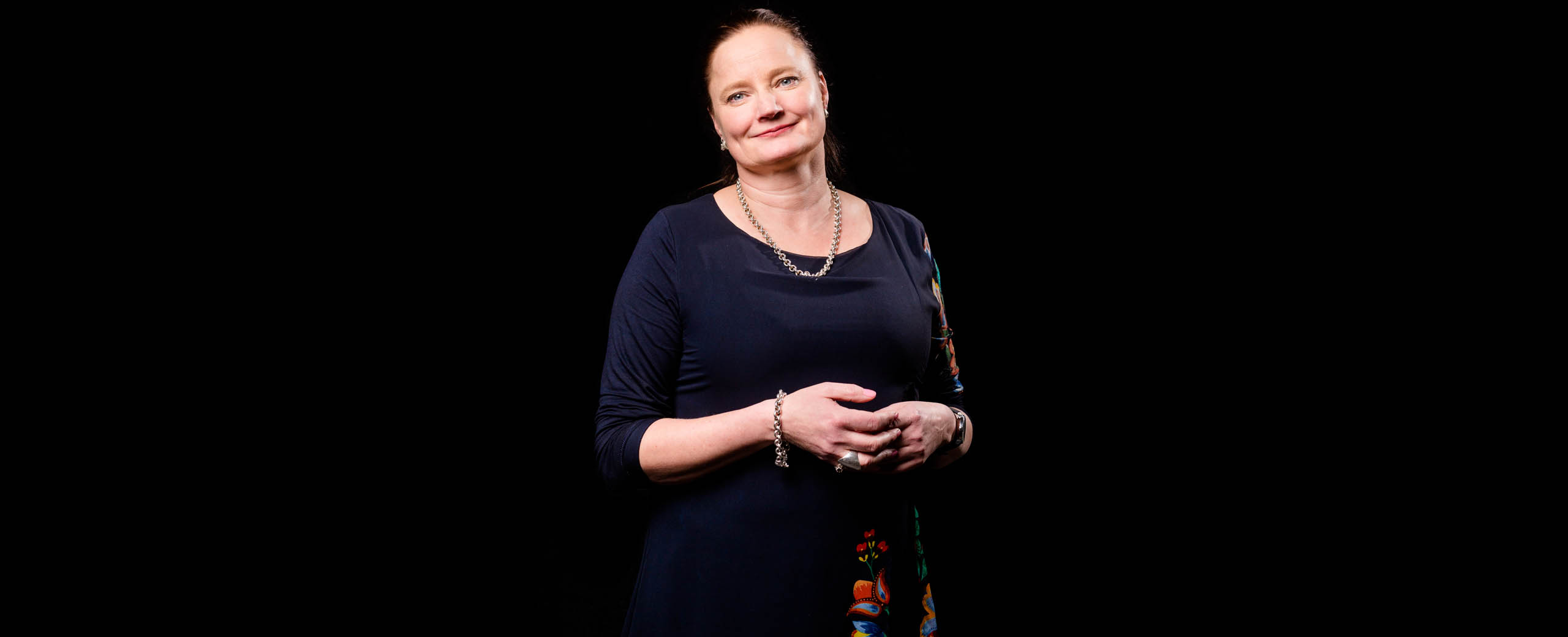I recently watched a new documentary by Netflix called The Social Dilemma. The film has a single, and simple, message: Put down your phone, you are being manipulated. The film was about Ad Tech industry – a narrow, but dominant sector of the data economy.
Smartphones are crucial in present infrastructures, and modern smartphones can be used for monitoring your heart rates, sleeping habits and stress levels. Connectivity and digital public services support multi-locality and enable service provision even in remote places. Digitisation helps us overcome physical obstacles, but currently the way we are using it might work against us, not for us. It is time to re-define our digital future.
“There are only two industries that call their customers ‘users’: illegal drugs and software”, says Edward Tufte. This quote is brilliant. And it shows that the time to decide on our digital future is now.
I worked in the software industry for almost 20 years. Although the company I was working for is a highly respected workplace with long-term customer relationships, I recognise this terminology. For me, this only shows that we should bring data and digitalisation in the heart of policy making and routine discussions. We need to improve our digital literacy skills in policy making but also as individuals, as otherwise we cannot take the future in our own hands.
In her State of the Union speech President Ursula von der Leyen called for “Europe to lead the way, the European way, to the Digital Age: based on our values, our strength, our global ambitions.” It is time to focus all the knowledge and expertise we have for the good and purposeful, not just for the fun and addictive. Here, the regulators can help in re-directing the data economy. Let’s require more transparency on algorithms and let cities prioritise those tech vendors that respect privacy in their procurement.
How to make this Europe’s Digital Decade?
We should improve our current regulation and make sure that we maintain a predictable business environment for companies to innovate. Just recently, Sitra interviewed several pioneers in telecommunications and finance industry. By learning from mature industries, we wanted to find shortcuts for the creation of a data economy governance model.
So far, the data economy has evolved with almost no regulation. Now it is high time that we create a fair data economy. Key takeaways from the study were following – confidence is created through governance models, but multiple layers of regulation need to be avoided. And, even more importantly, European competitiveness is weak – there is an urgent need for common guidelines.
Data sovereignty as a priority
We need a more holistic view of data governance from an EU-wide perspective. We need to choose our starting point. Start by agreeing on goals and on essential design principles. Let’s choose data sovereignty as a key design principle when planning for European data markets. It is essential that people and organisations have not only legal but also functional control of their data and are easily able to reuse that data elsewhere. It is an easy-to follow and practical guideline. Let’s make it actionable!
Digitisation, cross-sectoral data sharing and data-driven innovations play an essential role in future-proof healthcare systems. Smart use of technologies is the key to sustainable healthcare systems and will help us steer the post-COVID economy towards a new vitality. But the use of technology needs to reflect our core values.
The sharing of data between countries will make people’s everyday life easier. Since last year, it has been possible to use a Finnish e-prescription to purchase medicines in Estonia and Croatia.
The opportunities for people to benefit from their data must be improved. Data possessed by authorities alone is not enough: the prevention of a pandemic also needs data created by individuals themselves. The collection and use of this data require solid trust and clear rules that respect people’s fundamental rights. Authorities, professionals and citizens are now more equal partners in the prevention of major crises. Our recent survey in four European countries show that 69% of people using wearable devices have already shared or are considering sharing their wearables data with their doctors and nurses.
I think there’s a great need for purpose-driven technology, especially in the healthcare. If we provide people and organisation with tools to decide over their individual data and donate data, we will eventually create more trustworthy service development and create digital services that are aligned with European values. Sitra will shortly publish a working paper about the benefits of Trustworthy Health Data Ecosystems. We, together with the round of international experts think that healthcare sector has biggest wins to gain from trust-based service creation.

















Recommended
Have some more.